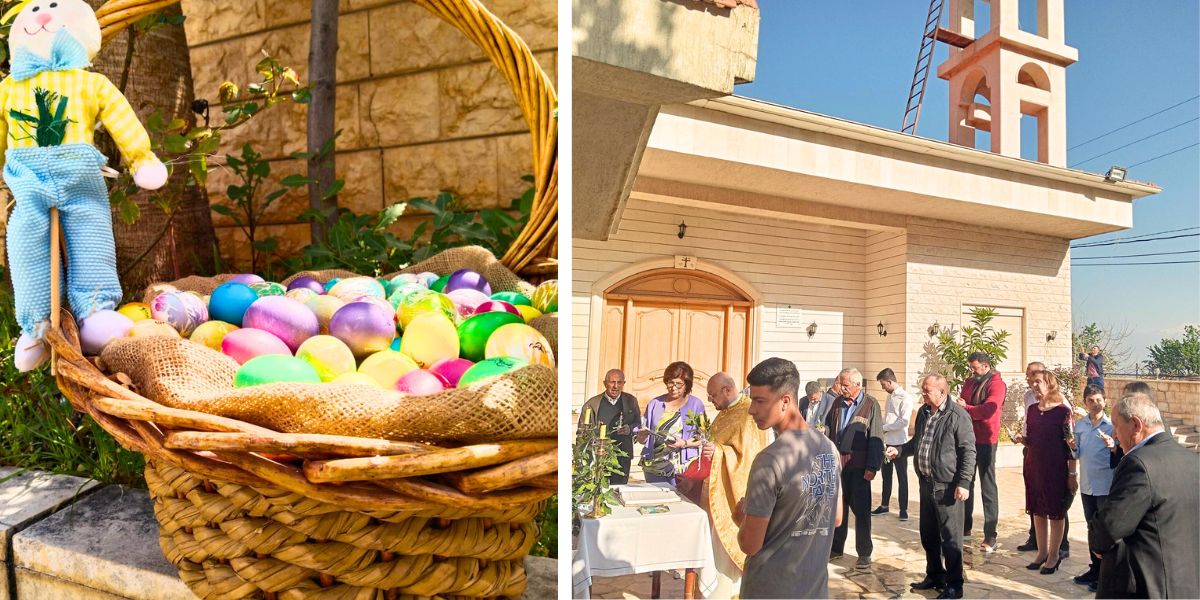30 protesters in Tripoli have been arrested so far by the Lebanese Army, while the Intelligence Directorate also arrested four others for their alleged participation in last week’s clashes.
The Lebanese Army referred 10 out of the 30 detainees to the military prosecutor for “rioting, encroaching on public and private property, and the burning of the Tripoli municipality building,” the army said in a statement
The 10 detainees were later released after it was proven that they were not involved in these events.
During the same day, upgraded security reinforcements were put in place at the Serail, as ISF members worked on strengthening the shield of the main entrance after people were able to break through it last week.
Arrests aren’t expected to stop, as two days ago protesters blocked the roads leading to Al-Nour Square in Tripoli while army troops were heavily deployed, the state-run National News Agency reported.
Protests in Lebanon’s second city have been ongoing since January 25th, resulting in violent clashes with the Lebanese security forces and the death of two young men.
While mass arrests of civilians are being conducted, there is no indication whatsoever that the ISF soldier who shot Omar Tayba in the back and killed him has been arrested or brought to the military court.
There has been no public statement by the Army or any official that the authorities intend to investigate the killing of the two civilians by the intentional use of live ammunition against the protesters.
Caretaker PM Hassan Diab has vowed to crack down on the protesters and also pledged to secure food aid to 50,000 Tripolitan families.
However, Lebanon’s poorest city is still under tremendous economic duress with the added 24-hour curfew, and that aid, which time of distribution hasn’t yet been announced, won’t be enough to save the city’s population.
This socio-economic crisis is not limited to Tripoli. People across the country are hit by it. According to a recent study by CARE, a leading relief and development NGO, 94% of Lebanon’s population are earning less than the minimum wage.
Yet, those who rely on daily income aren’t generating any during the lockdown. They have been left to their misery by a government that did not consider providing a minimum of sustenance to its people, whom it has locked down – or up – in their homes.
The government should have expected that the people will revolt, for hunger is the cruelest form of violence. In return, they are getting shot at by live ammunition and arrested.
Tripolitan member of the parliament Faisal Karameh warned local media that, “should subsidies be lifted, the scene from Tripoli will be repeated everywhere.”
















